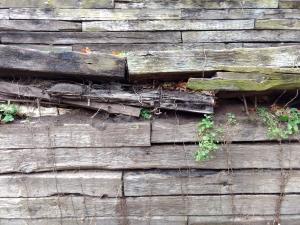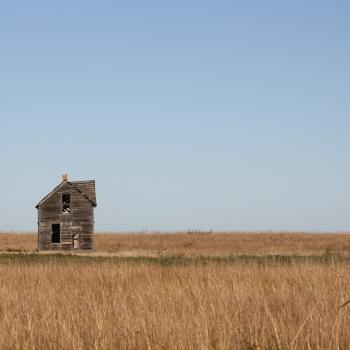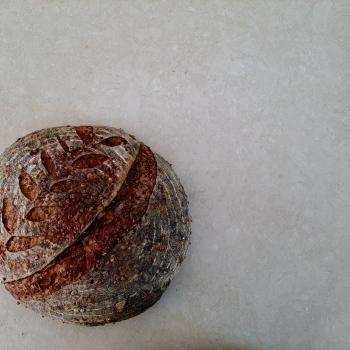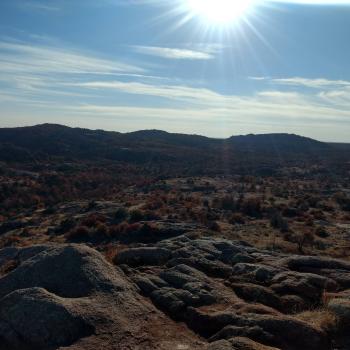
Back when I was a student at Harvard Divinity School, the talk was how personal life and teaching life fit together. A star professor and dean had nuked his school-issued hard-drive watching you-can-guess-what. Tech services fixed his computer issue, but not his moral one. They passed that along to school authorities, and he resigned as dean. But the question was still bubbling along when I showed up a few years later: Do you have to live a holy life if you have influential ideas?
What is the place of personal holiness in the life of the church? Surely the church is headed down a better path in holding big stage leaders to account. There have been plenty to choose from of late. This turn of events has been a long time coming, and we’re not there yet. (And of course, we never truly arrive in something like this.) But beyond abuse, what of the church’s infatuation with power–perhaps the church’s original sin–or as it’s labeled now: influence?
“Influence” is the word de jour. We want to be influencers, or at least get the influencers’ attention. Influencers set the trends in what we buy and watch and read. (Side note: Dear Oprah, I won’t complain if you pick my book for your book club). Churches fling the word around as well. Drop in at any church conference and you’ll hear about influencing culture, influencing the broader church, influencing politics. Much of that influence is gauged by followers on social media, by drawing a crowd at a conference, and by book sales.
I know, I know: this is all just so disingenuous. Man uses platform to question the economy of influence. I’m trying to influence you with this very post.
But it’s hard for me not to feel that the influence-seeking superstarization of church leaders has blunted what should be our basic commitment to the root Christian virtue of holiness. It seems to me that we need to focus more on holiness than influence. We need to worry more about becoming saints than becoming successes.
What if we made holiness our goal?
At the very least, it would mean choosing holiness-seeking behaviors over fame-seeking behaviors. Which is to say, it would mean taking up the renunciative practices that Jesus taught: giving, praying, fasting (Matthew 6:1-21). It would mean adopting the mindset of Christ in which losing our life we find it, in decreasing he increases, in taking up our cross we follow him (Philippians 2:5; Matthew 16:25; John 3:30; Mark 10:38). It’s the path of saintly holiness, which strikes me as the road to the good and abundant life that Jesus promised (1 Peter 1:15; John 10:10). Perhaps French poet and philosopher Charles Péguy was on to something when he quipped, “There is only one tragedy in the end: Not to have been a saint.”
What about those saints? Is it possible for saints to become influentially holy? Absolutely. Though it’s not something you can exactly seek. After all, one of the primary attributes of holiness is humility. This is why Jesus started with “blessed are the poor in spirit” (Matthew 5:3). Holiness attracts others, but humility is wary of their regard. Thus the ancient desert fathers and mothers–folks who fled to the deserts to devote their lives to prayer–deflected attention from themselves, sometimes going so far as to hide from influential people who sought them out for counsel or prayer or blessing.
Benedicta Ward records this saying in The Desert Fathers: Sayings of the Early Christian Monks:
They said of Arsenius and Theodore of Pherme that they hated fame and praise more than anything. Arsenius avoided people likely to praise him. Theodore did not avoid them, but their words were like daggers to him. (p.77)
I suppose even their avoidance was a form of influence. They were holiness influencers, even when they hid from the limelight.
Maybe that’s what we can aim for and aspire to: that in pointing to Christ we influence congregation and community and culture toward holiness. Perhaps we can even hope that holiness–if not this post–goes viral.












